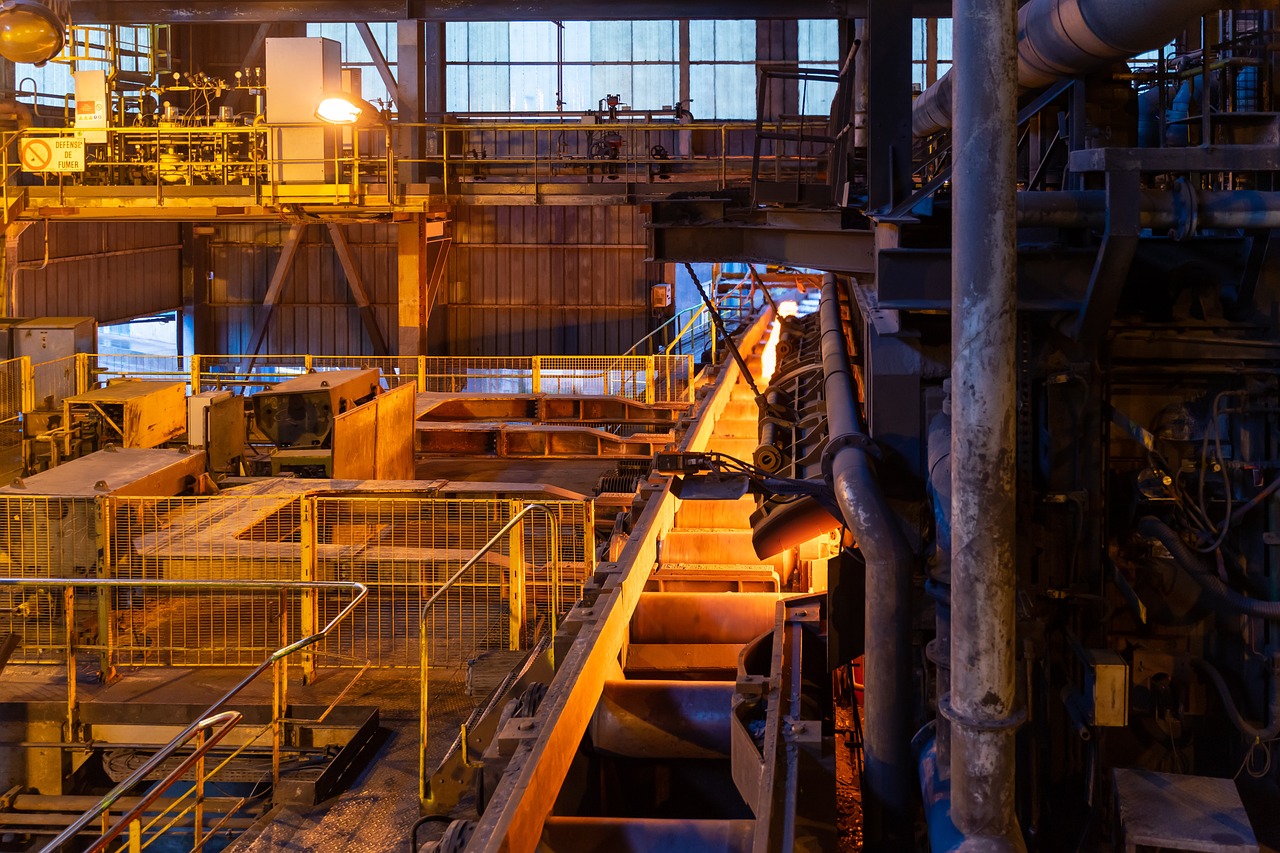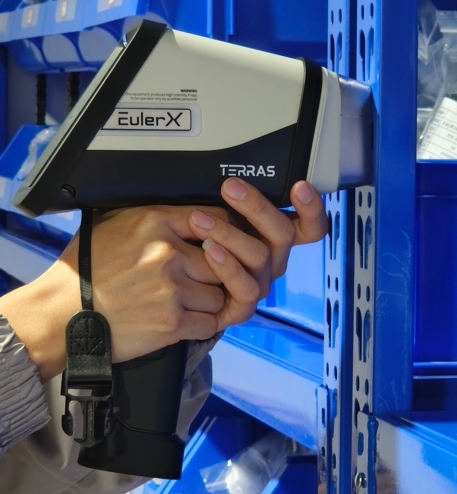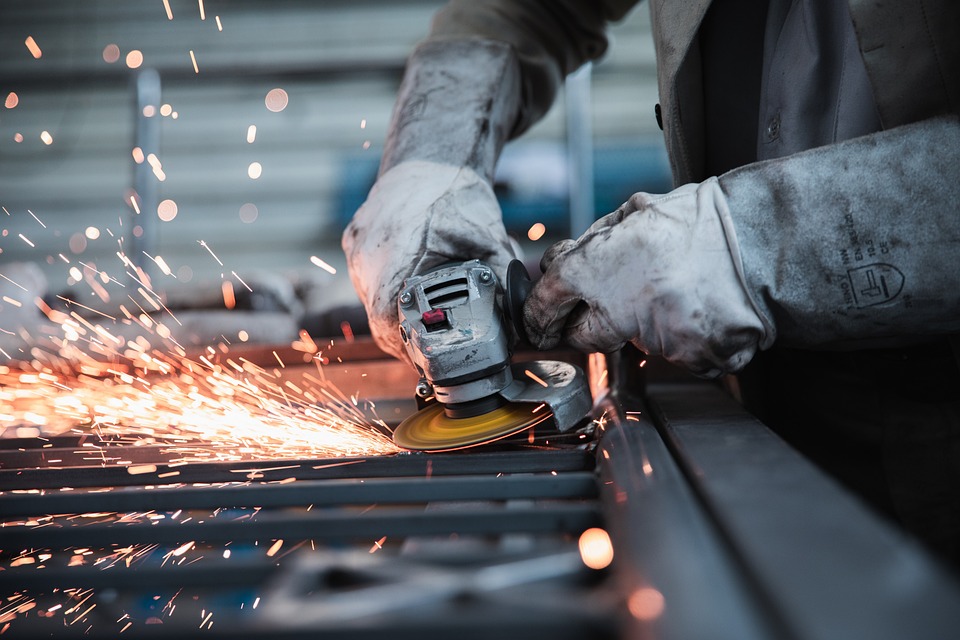
Positive Material Identification
A high-tech enterprise focusing on the development and application of X-ray technology products, committed to becoming a leading supplier of X-ray industrial testing solutions.
How to Compare Portable XRF Prices: What to Look for Beyond the Cost
When it comes to purchasing a portable X-ray fluorescence (XRF) analyzer, price is undoubtedly an important factor, but it shouldn't be the only consideration. These devices, widely used in industries such as mining, environmental analysis, construction, and metallurgy, represent a significant investment, and choosing the right one requires evaluating a variety of features beyond just the cost.
In this article, we’ll break down what to look for when comparing portable XRF prices, and why the most expensive option isn’t always the best one for your needs.

Terras EulerX900 Handheld Alloy Analyzer
Consider the Range of Elements You Need to Test
Different XRF analyzers have different capabilities when it comes to the number and types of elements they can detect. Some portable XRF devices can analyze up to 30 elements, while others might be limited to a smaller range.
If you need to analyze a wide array of elements, such as precious metals, soil contaminants, or hazardous materials, you’ll want a device that offers broad element coverage and high sensitivity for all the elements in your target range. On the other hand, if your focus is only on a specific group of materials (e.g., lead in paint or gold in ores), you can focus on more affordable models that are optimized for those specific applications.
Examine the Detection Limits and Sensitivity
Detection limits and sensitivity are two of the most critical performance characteristics when evaluating portable XRF analyzers. The detection limit refers to the smallest concentration of an element that the analyzer can detect, while sensitivity refers to the ability of the device to detect elements in low concentrations.
Portable XRF analyzers typically have a higher detection limit for trace elements than their laboratory counterparts. However, some models are more sensitive than others, especially when it comes to light elements like carbon, nitrogen, and oxygen.
If your work requires ultra-low detection limits for specific elements, especially in complex matrices (e.g., soil, paint, or alloys), you might need to invest in a higher-end, more sensitive model. However, if you are working with bulk material or don’t need to detect trace elements, a mid-range or entry-level model could suffice.
Portability and Ergonomics
Since you’re considering a portable XRF analyzer, the design, weight, and ergonomics of the device are crucial factors in ensuring ease of use, especially if you’ll be using it in the field. While higher-end models may have more advanced features, they could be bulkier or heavier.
Here are some specific aspects to consider:
Weight: Can you comfortably carry and handle the device over long periods? Lighter models can reduce user fatigue and increase productivity in the field.
Form Factor: Does the design suit your working conditions? Some models come with pistol-grip designs for easy handling, while others may have larger, more robust enclosures for heavy-duty environments.
Battery Life: Extended battery life is essential for prolonged field use. Consider how long the analyzer can run on a single charge and whether it has easy access to spare batteries or a recharging option.
A lightweight, ergonomic, and rugged XRF analyzer can improve field productivity and user comfort, which can be more important than having the highest-spec model at a premium price.
Software and Data Management Features
Modern portable XRF devices come equipped with sophisticated software that helps manage data, generate reports, and streamline analysis workflows. The software can range from basic functions for simple analysis to highly advanced capabilities for more complex tasks.
Look for these features in the software
Ease of Use: Does the software interface look user-friendly? Is it intuitive for non-expert users or operators with limited training?
Service and Warranty Support
The cost of the XRF analyzer is only one part of the equation — after-sales service, warranty coverage, and repair costs are also significant considerations. Check what type of warranty and support package is offered by the manufacturer. Common service options include:
Technical Support: Can you easily access technical support when needed? Consider whether the manufacturer offers phone support, online troubleshooting resources, or on-site repair services.
Calibration and Maintenance: Will the device need frequent calibration, and if so, what is the cost? Some manufacturers provide free or discounted calibration services for a set period, while others may charge extra for these services.

Terras EulerX900 Handheld Alloy Analyzer
The EulerX 900 series has proved to be an excellent choice for metal analysis in a wide fields, providing fast, accurate results directly to the user. Thanks to its cutting-edge electronics and sophisticated mathematical algorithms, the EulerX 900 series ensures superior measurement quality within seconds. The EulerX 900 is algorithm leverages the advanced fundamental parameters method (FP), identifying alloy grades in just 1-2 seconds after activation.Designed for ergonomic comfort, the device is lightweight, compact, and well-balanced for handheld use. A high-capacity battery allows for 10-12 hours of continuous on-site testing without the need for recharging.
Conclusion
When comparing portable XRF prices, it’s essential to look beyond just the upfront cost. Understanding the device’s capabilities, performance, ergonomics, software, and long-term support options will help you make the best investment for your specific application. The right choice will balance the features you need with a price that fits within your budget, while ensuring the analyzer will perform reliably for years to come. Always remember: when it comes to portable XRF devices, the cheapest option isn’t necessarily the best one for your needs.
Join Us
Subscribe to our email list for updates & promotions.



